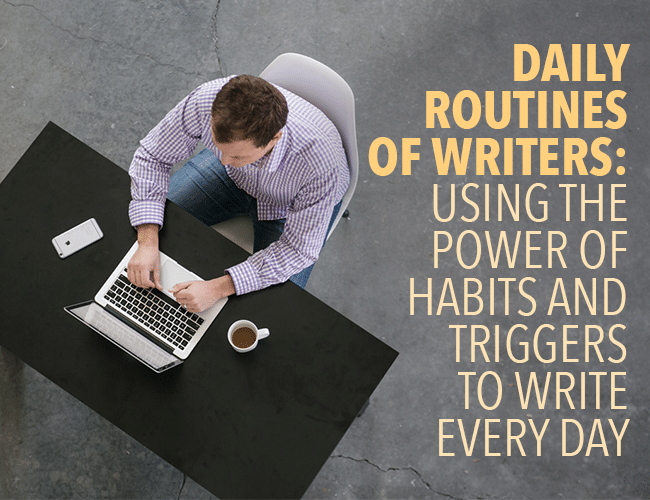
by Guest Blogger |
I’ll start with the bad news.
Much of what you’ve heard about daily routines is more fictional than the stories you’re writing. Everyone seems to have their own “key” to productivity: motivation, willpower, passion, and big goals being the most common.
While these all have the vague ring of truthiness, you’ve probably noticed that, in practice, the results of such methods are inconsistent to nonexistent.
Fortunately, there’s a simple cure.
Habits.
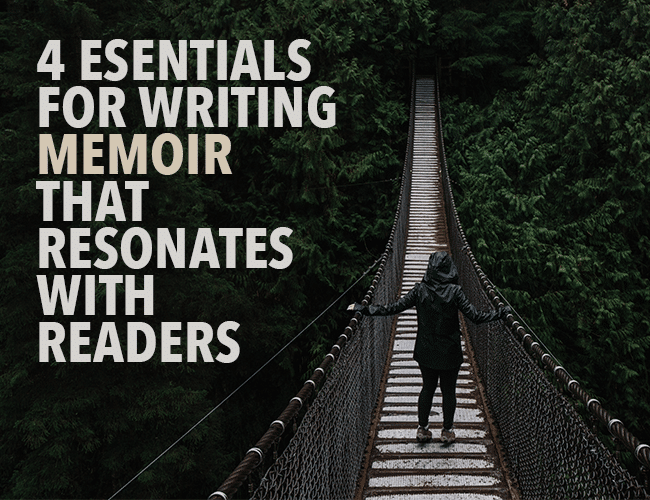
by Guest Blogger |
How do you write memoir and tell a story that is compelling to you, but might not be to your reader?
Boredom is death for a writer and must be avoided at all cost. When writing memoir, the facts of a person’s life will fall short if that’s all you have to offer. You need something more if you want the story to come to life in the heart, mind, and imagination of the reader.
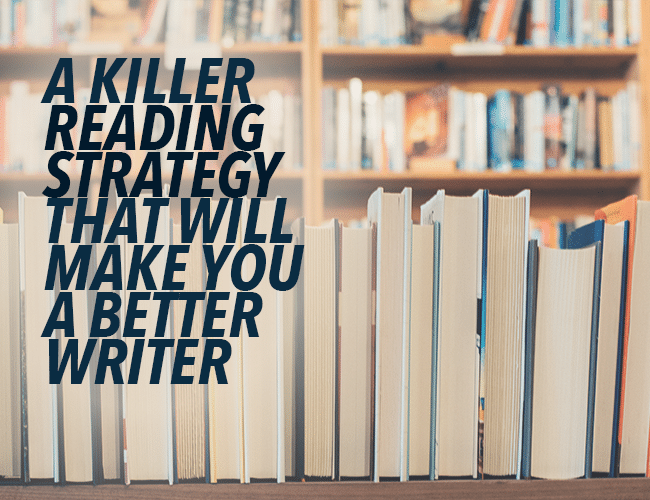
by Guest Blogger |
In his classic memoir On Writing, Stephen King writes, “If you want to be a writer, you must do two things above all others: read a lot and write a lot.” The latter is, of course, what this blog is all about (writing a lot). But I’m convinced that most writers ignore the former: reading a lot. (Or at the very least, they don’t read thoughtfully.)
If you’re like most people, you bounce from book to book haphazardly. What you read from month to month and year to year is simply not something you carefully consider.
But if you call yourself a writer and your goal is to become a better one, you do yourself a great disservice by not reading voraciously and thoughtfully.
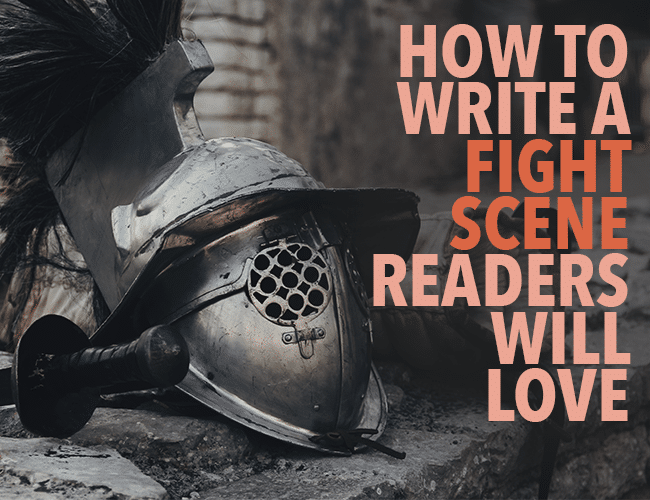
by Guest Blogger |
If your story involves one or more fight scenes, you have a great opportunity. You can thrill your audience, change the course of the plot, and reveal new depths to your characters . . . or you can bore your viewers to tears, and make them wish that the battle would please just end already.
I’m going to give you six tips for writing better fight scenes, so you can keep your audience on the edge of their seats while giving a whole new level of depth to your story and cast.
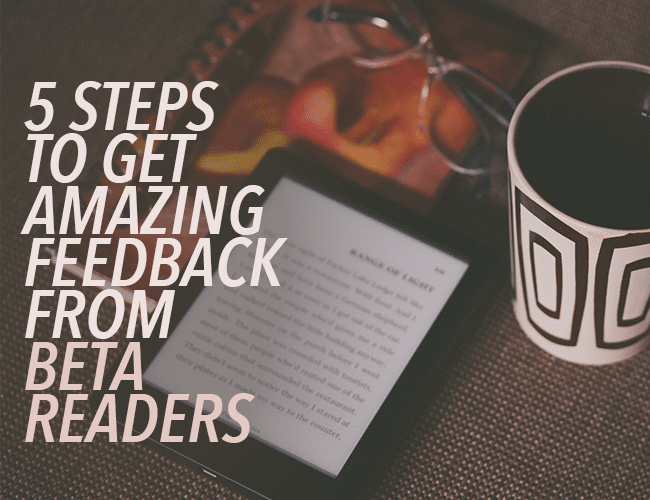
by Guest Blogger |
When you’ve finished a book, you feel like a hero. The work may have some warts, but it’s yours, and it’s done! The next step is to test it out on some readers and see how well the book works. This is called Beta Testing (or just “beta-ing”) your book.
Reader feedback can teach you a lot, but it can also be hard to filter the signal from the noise. The key is learning how to process that feedback so you can make productive edits. Today I’ll teach you how I learned to do this.







